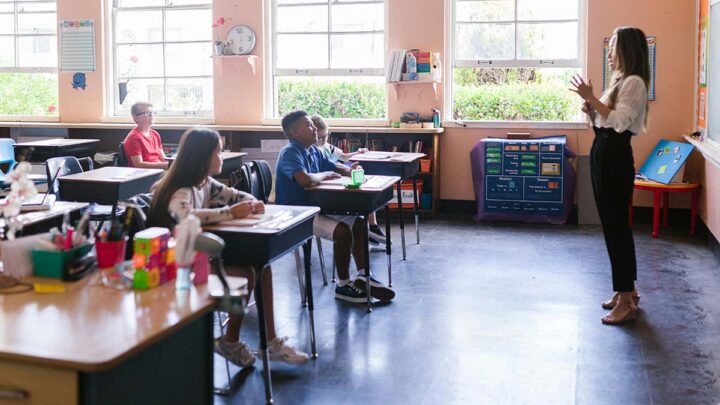The United Methodist Church is unequivocal in its support of public education, and our own NC Conference has demonstrated its commitment to our public school children and educators for over a decade through Congregations for Children (C4C) and United Methodist Advocates for Public Schools (UMAPS).
We are at a critical moment in our state’s history, when recent actions by our NC General Assembly threaten the health of our public schools by
- failing to adhere to the NC Supreme Court’s ruling in the Leandro case that requires adequate funding for all NC public schools;
- failing to allot sufficient funds for school supplies, equipment, infrastructure needs, and educators’ salaries to keep up with inflation;
- removing the cap on the number of charter schools, including those that operate for profit;
- dramatically increasing the voucher fund that allows families of any income level to divert public tax dollars away from public schools to pay for their children’s private school tuition; and
- failing to hold those private schools accountable for their expenditures of public tax dollars or their students’ academic success in the same way that our public schools are held accountable.
Inaction is not an option. Our faith demands that we act on behalf of all children to guarantee that they receive the best education by the best educators in the best schools that we can provide.
The Board of Church and Society reminds us that The United Methodist Church affirms that education is a human right.
“We believe that every person has the right to education.”
Social Principles ¶ 164.E, 2016 Book of Discipline
The Church calls on its members to actively support this belief:
“United Methodists have a moral concern to take initiatives to support and create alliances involving educators, community leaders, and students to address the challenges of contemporary education and to work to resolve the threats to quality education.”
Resolution 3161, Education: The Gift of Hope, 2016 Book of Resolutions
In our UMC 2016 Book of Resolutions, #3165, “United States Public Education and the Church,” we read:
We believe that parents have the right to select home schooling or private or parochial schools for their children. But with that personal right comes an obligation to support quality public education for all children. The long-range solution is to improve all schools so that families will not be forced to seek other educational alternatives.
At a moment when childhood poverty is shamefully widespread, when many families are under constant stress, and when schools are limited by the lack of funds and resources, criticism of the public schools often ignores an essential truth: we cannot improve public schools by concentrating on the schools alone. In this context, we must address with prayerful determination the issues of race and class that threaten both public education and democracy in America.
Resolution 3165, United States Public Education and the Church, 2016 Book of Resolutions
This resolution concludes with a call to action. Local churches and all communities of faith must:
- “Become better informed about the needs of the public schools in their communities and in the country as a whole. Only through adequate information can we defend public education and the democratic heritage which it supports.”
- “Establish and nurture partnerships with local public schools, such as providing after-school and vacation enrichment programs, adopt-a-school programs, teacher appreciation programs, updated library materials, and parenting enrichment classes.”
- “Monitor reform efforts in public schools, including the creation of charter and magnet schools, of schools-within-schools, of full inclusion or appropriate placement of children who are different labeled, and of classes sized to best serve all children.”
- “Advocate at the state and local level for adequate public school funding and equitable distribution of state funds; and supporting efforts to end unjust educational disparities between rich and poor communities.”
- “Champion public education as a basic human right; and curb school districts’ reliance on school fund-raising and state-alternative revenues, such as gambling, for financial support.”
We are at a tipping point. It is our duty as United Methodists to become and remain well-informed about issues related to our public schools, and then to publicly advocate for them. Communicate with your local school board members and county commissioners. Hold your representatives in the NC General Assembly accountable for fully financing your local public schools and not diverting your tax dollars away to private entities. And vote for public school advocates, regardless of their political party or your own.
If not us, who? If not now, when?
Written by David Rockefeller, NCCUMC Congregations for Children Director

